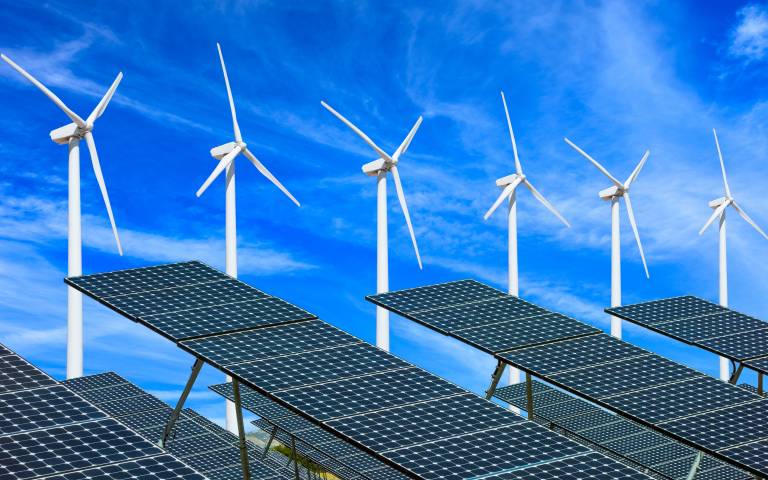UK Government’s ‘Energy Security Strategy’ welcomed, but more can be done for demand-side management
7 April 2022
Professor Neil Strachan welcomes the new strategy to bring about energy security, alongside meeting net zero targets and tackling price volatility, but suggests for result now more can be done for demand-side management.

The UK Government has announced a new Energy Security Strategy which plans to:
- Boost Britain’s energy security following rising global energy prices and volatility in international markets
- Make bold new commitments to supercharge clean energy and accelerate deployment, which could see 95% of Great Britain’s electricity set to be low carbon by 2030
- Kick-start an ambitious, quicker expansion of nuclear, wind, solar, hydrogen, oil and gas, including delivering the equivalent to one nuclear reactor a year instead of one a decade
- over 40,000 more jobs in clean industries to be supported thanks to measures, totalling 480,000 jobs by 2030
Professor Neil Strachan, Director of the Bartlett School of Environment, Energy and Resources, has commented on the new strategy:
“It is very welcome to see that the UK government is aligning the net zero energy transition with improved energy security and reduced energy price volatility. This can be a win-win-win.”
“But major uncertainties remain in the Energy Security Strategy. Notably the caveats in the potential roll out for nuclear reflect unease in the scale of required public financial guarantees for nuclear power as renewables continues to see rapid reduction in costs.”
“And this Strategy is a missed opportunity on the energy demand side, as any proposed supply side improvements to energy security will only be realised in 10 to 15 years time. If the UK wanted to improve energy security right now, as well as generate many jobs and improve health outcomes, it should insulate every home and commercial building in the UK. But improving the energy efficiency of buildings is politically difficult as it involves the homes and businesses of millions of consumers and voters, and frankly is less glamorous than announcing major engineering projects.”
 Close
Close

